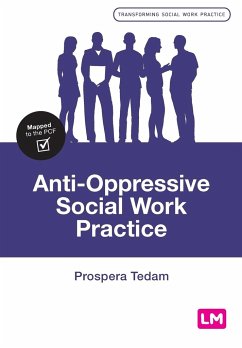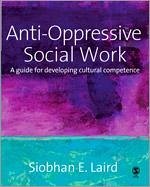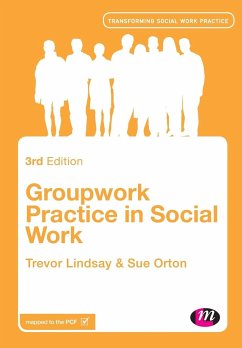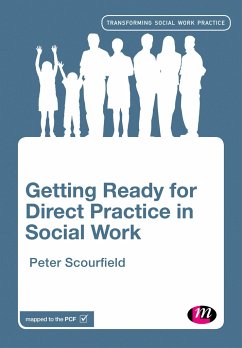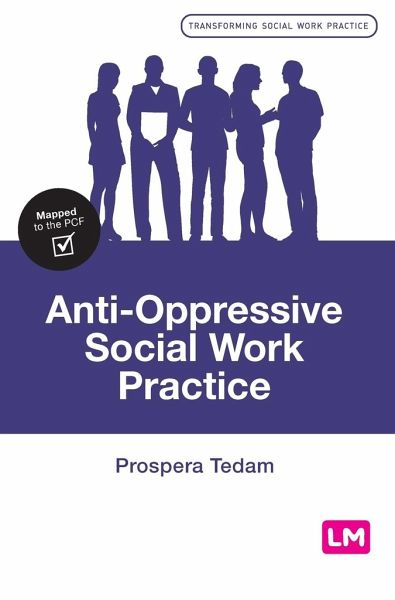
Anti-Oppressive Social Work Practice
Versandkostenfrei!
Versandfertig in 6-10 Tagen
69,99 €
inkl. MwSt.
Weitere Ausgaben:

PAYBACK Punkte
35 °P sammeln!
Grounded in principles and values of fairness and equality, anti-oppressive practice (AOP) lies at the heart of social work and social work education. This book will equip you with the tools and knowledge to address the concepts of diversity, oppression, power and powerless, and practice in ethically appropriate ways for contemporary social work practice.





